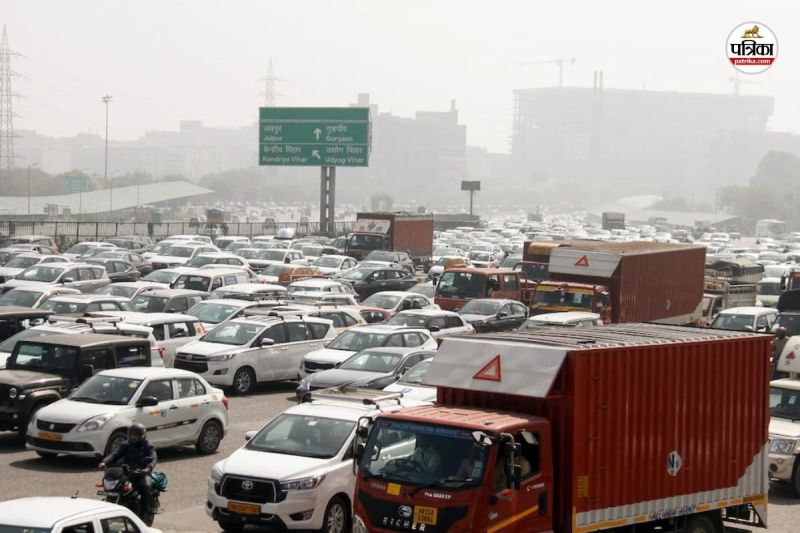
Supreme Court provides relief to vehicle owners in Delhi-NCR affected by the ban on vehicles older than 10 years (diesel) and 15 years (petrol). A bench comprising Chief Justice B.R. Gavai, Justice K. Vinod Chandran, and Justice N.V. Anjaria has issued an important order stating that until the next hearing, the police will not take any punitive action against owners of such vehicles.
The court has sought a response from the central government and other related parties within four weeks. The case will be heard again after this. The bench orally observed that “earlier people used cars for 40-50 years. Vintage cars still exist.” This comment indicates that the court does not agree with the argument of imposing a ban solely based on the age of the vehicle.
This order was passed on a petition filed by the Delhi government. The Delhi government sought a review of the Supreme Court's 2018 decision that banned old vehicles in the National Capital Region to control pollution. The government stated in its petition that the 2018 order was not based on any scientific study or assessment of its impact on the environment.
According to a Bar and Bench report, the Delhi government presented several important arguments in its petition. The government argues that since the 2018 decision, several stringent measures have been implemented to control pollution, including widespread use of the Pollution Under Control (PUC) system and making Bharat Stage-VI (BS-VI) standards mandatory. The petition stated that BS-VI engines emit significantly less pollution. If the 2018 order remains in effect, roadworthy and low-emission BS-VI vehicles will also become unusable in a few years without any scientific basis.
Solicitor General Tushar Mehta, appearing for the government, highlighted the difficulties faced by ordinary people due to the ban. He gave the example of his own car, saying, “I have a car that I use only to come to court. After 10 years, its total mileage will be only 2,000 kilometres. On the other hand, if someone else uses the same car as a taxi, it will run 100,000 kilometres in just two years. I will have to sell my car just because it is 10 years old, while a car that has run 100,000 kilometres will continue to run.”
During this time, the Solicitor General argued that action should not be taken solely on the basis of the age of the vehicle, as this is not logical. The petition also highlighted the damage to the second-hand car market. This market is the only option for many poor and lower-middle-class families to buy four-wheeled vehicles. The ban has also adversely affected this market. Furthermore, the petition stated that the vehicles on which the ban has been imposed often run very little throughout the year and their contribution to overall pollution is minimal.
This Supreme Court decision has provided significant relief to the millions of vehicle owners who faced daily police action due to their old vehicles. The next hearing in this case will be after four weeks, and it will be interesting to see what final decision the court takes on this complex issue.
Published on:
12 Aug 2025 06:04 pm
Big News
View AllState
Trending

